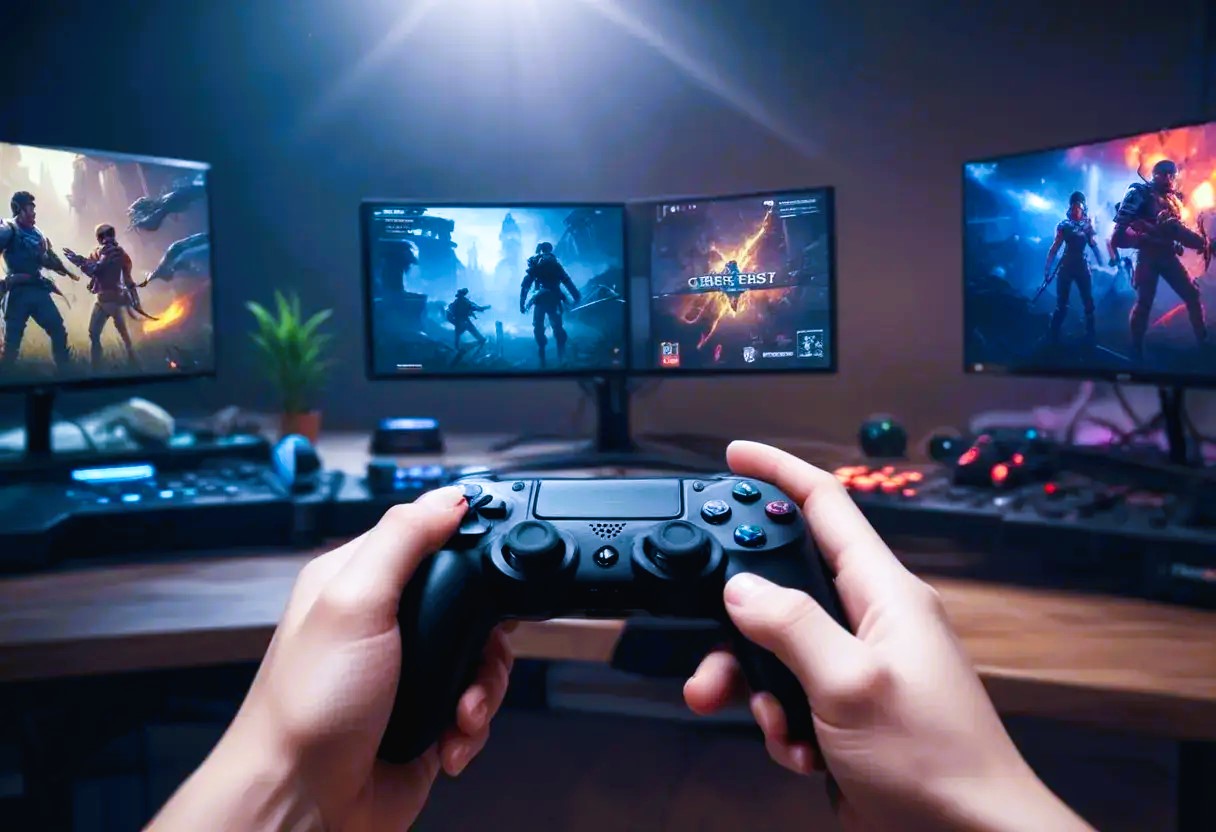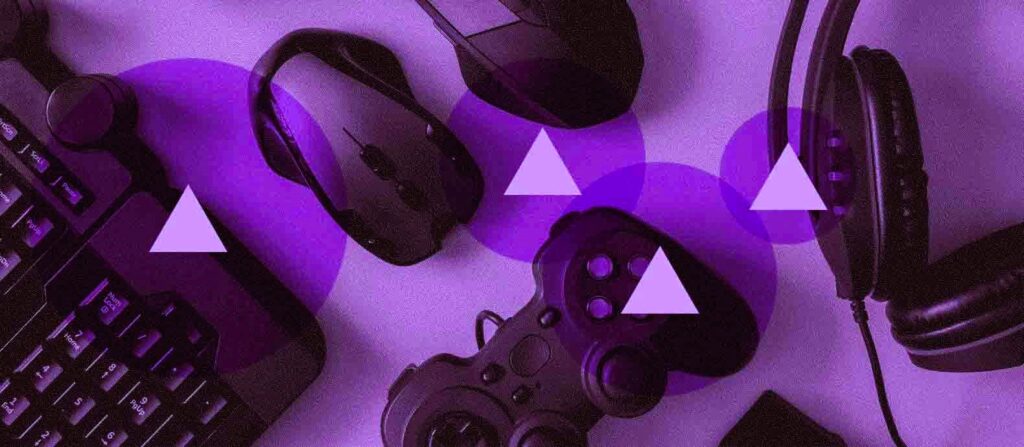Will Cheats Ever Be Eliminated? The Future of Fair Play in Gaming
The rise of competitive online gaming has introduced a new era of digital entertainment, attracting millions of players across the globe. From battle royales like Fortnite and PUBG to first-person shooters such as Call of Duty, games today are more immersive and rewarding than ever before. But with this increased engagement has come a dark side: cheating. Hacks, bots, and other cheating methods have plagued multiplayer games since their inception. This raises a significant question: Will cheats ever be eliminated from gaming? In this article, we will explore the evolution of cheating in video games, the efforts being made to combat it, and what the future holds for fair play in the gaming industry.
The History of Cheating in Games
Cheating in video games dates back to the early days of the industry. In the 1980s, players of arcade games such as Pac-Man and Space Invaders would employ tricks to extend their playtime or bypass certain game mechanics. With the advent of home consoles and PCs in the 1990s, cheats became even more widespread. Many games featured built-in cheat codes, allowing players to unlock hidden content, gain invincibility, or access secret levels.
While cheat codes were once part of a developer’s intended gameplay experience, the emergence of online multiplayer games in the early 2000s changed everything. In games like Counter-Strike and World of Warcraft, players could now compete against each other in real time, making cheating much more disruptive. Instead of harmless cheats that granted infinite lives or unlocked hidden features, cheaters began using software tools such as aimbots, wallhacks, and speed hacks to gain an unfair advantage in competitive multiplayer matches.
Today, the cheating landscape is more diverse and complex than ever before. Players can download cheating software from underground forums, inject custom code into games, or even exploit vulnerabilities in the game’s code. These cheats range from simple tool-assisted play to sophisticated programs designed to give players an unbeatable edge.
The Rise of Anti-Cheat Systems
As cheating became more prevalent in online multiplayer games, game developers and platform providers began to take action. The rise of competitive esports, which requires a fair and level playing field, has only intensified the focus on combating cheating. Over the years, several innovative anti-cheat systems have been introduced to detect and prevent cheating in online games. Read more about the top 10 games with the strictest anti-fraud measures here.
- Server-Side Detection: One of the earliest methods for combating cheats was server-side detection, where the game server checks for unusual behavior or anomalies in a player’s performance. This includes detecting rapid movement speeds, perfect accuracy, or other signs that may indicate a cheat is being used. Server-side detection is effective but limited in its ability to catch sophisticated cheating software.
- Client-Side Anti-Cheat: As cheating software became more advanced, client-side anti-cheat solutions like Easy Anti-Cheat (EAC) and BattleEye were developed. These tools are integrated into the game client and monitor for suspicious processes running in the background that might be manipulating the game’s mechanics. If a cheat is detected, the system can issue a ban or suspend the player.
- Machine Learning and AI: With the advancement of machine learning and artificial intelligence, developers have begun using AI to detect cheating more effectively. Machine learning algorithms can analyze vast amounts of gameplay data and identify patterns indicative of cheating behavior. This approach allows for more accurate detection, especially in games with large player bases where human moderation is impractical.
- Player Reports and Community Monitoring: Many games, including Overwatch and Fortnite, have incorporated player-reporting systems where users can report suspected cheaters. These reports are then reviewed by either automated systems or human moderators, who assess the validity of the claims and take appropriate action. While this system relies on the vigilance of the player community, it has proven to be an essential tool in the battle against cheating.
The Ongoing Battle: Will Cheats Ever Be Fully Eliminated?
Despite the extensive efforts made by developers to combat cheating, it seems unlikely that cheats will ever be fully eliminated. Several factors contribute to the ongoing challenge of keeping games cheat-free.
- The Evolution of Cheating Tools: As long as there is money and prestige on the line, cheaters will continue to develop new and more sophisticated tools to bypass anti-cheat measures. Even the most advanced anti-cheat systems are constantly playing catch-up with the creators of cheating software. New hacks and exploits are discovered regularly, and it often takes weeks or months for developers to patch these vulnerabilities. This constant cat-and-mouse game between developers and cheaters ensures that cheating will never be entirely eradicated.
- The Growing Complexity of Games: Modern video games are more complex than ever before, with intricate physics engines, advanced AI, and a wealth of interconnected systems. This complexity creates new opportunities for exploitation, allowing cheaters to manipulate various aspects of the game. As games become more advanced, so too do the cheating tools used to exploit them.
- The Incentive to Cheat: Cheating is often driven by a desire to gain an unfair advantage. Whether it’s to earn in-game rewards, secure a high rank, or simply ruin the experience for others, the motivation to cheat is strong. In competitive games, where success is often measured by metrics like kills, wins, and leaderboards, cheating can provide a shortcut to achieving these goals. Until the incentive to cheat is removed or diminished, players will continue to seek out ways to bypass the system.
- The Need for Constant Vigilance: Even when cheats are detected and eliminated, the risk of new exploits always looms. Developers must continuously update their anti-cheat systems and remain vigilant against evolving cheating methods. This requires ongoing resources, including financial investments and the commitment of talented security professionals. As long as cheating remains profitable for malicious actors, this battle will continue indefinitely.
While it is unlikely that cheats will ever be fully eliminated from gaming, the industry is making significant strides in the battle against cheaters. With stronger anti-cheat systems, more efficient reporting, and a focus on player accountability, developers are working tirelessly to ensure that fair play remains at the core of online gaming. Ultimately, the future of gaming depends on both developers and players taking responsibility for maintaining a level playing field. As technology advances and the gaming community continues to evolve, the fight against cheats will continue, making the experience better for everyone involved.
For more information on online gaming and its development, you can visit the Wikipedia page for online gaming.

